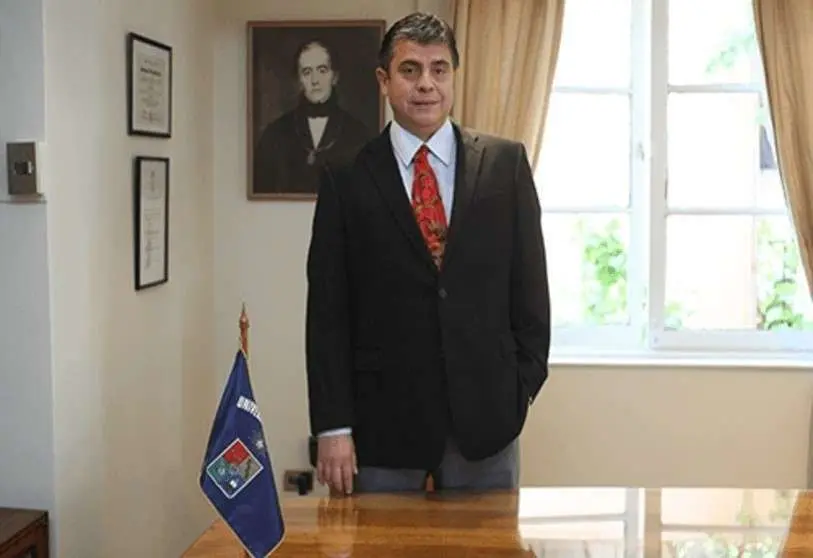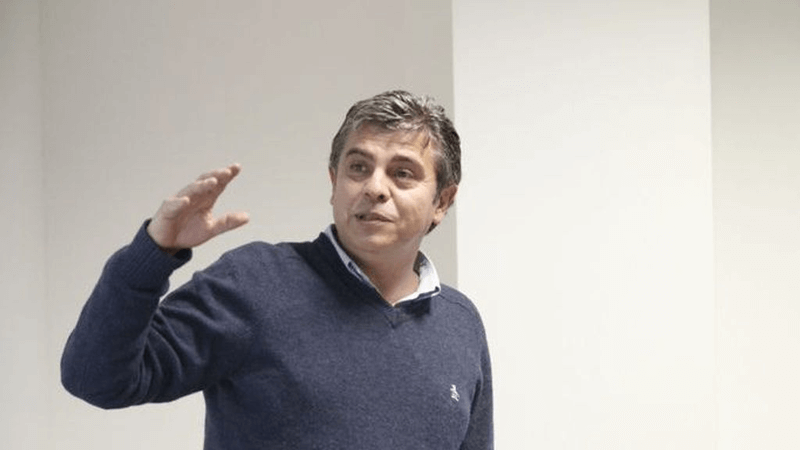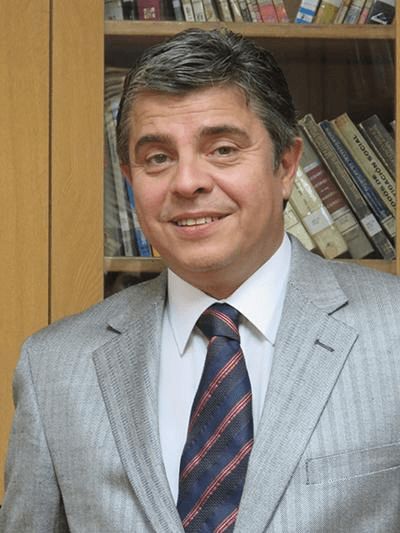Miguel Ángel López: "The proposed Constitution did not represent the Chilean people"

Why have more than 60% of Chileans rejected this new Constitution?
It really has been a massive rejection, something that nobody expected. In reality, the majority of Chileans, around 80%, want a new Constitution and this is how it was voted in 2020. What has happened is that the proposed Constitution that was presented at the polls last week did not represent the ideology of the Chilean people, there were a number of proposals that did not have support among them, for example, the constitutional ruling on abortion or issues that were not entirely clear such as the right to property. Although the right to property was guaranteed, there were still some doubts about the guarantees that this right had. There was also a verse that spoke of the possibility of the state keeping some of the houses by paying a general price, a market price, so there is a series of general ideas, the very work of the Constitution, which was a work that people pursued with a lot of anger and hatred, in the sense that during the whole process of reaction there were no general political agreements. There was always a group that was more in favour of the radicalised left, who were selling a series of ideas that were very much in evidence in the press and social networks, and this is something that Chileans did not like.
And the willingness to create a plurinational state...
This is another element that was not very popular either, the predisposition to create a plurinational state very similar to what exists in Bolivia or Ecuador, when Chileans would have liked something more pluricultural. All these kinds of things, together with a radicalised vision, led the Chileans to reject the proposal.

We know the word "consensus" very well in Spain... The Constitution is that vital tool for the proper functioning of democracy, freedom, respect for all, and it is necessary for it to be made by consensus.
Indeed, in Chile, during the 1990s, when democracy was being restored, there was always talk of the democracy of consensus. Consensus is what has characterised Chilean politics for the last 30 years. However, President Boric's group and the entire radical left rejected this idea of consensus and this is what to a certain extent has ended up affecting the credibility of the Constitution and the government. That is why now, with all the reforms carried out in his cabinet and with the president's statements last Sunday, he intends to amend this and seek consensus with society in order to continue with the process of changing the Constitution.
This is a very important warning to President Gabriel Boric, who has changed his government, but also for the traditional parties, because if there has been this rejection of an extreme left-wing position, the traditional parties should reflect on the fact that the Chilean people are demanding effective leaders who have the status that Chile deserves.
Exactly, all the parties, including the right-wing parties, were winners in this plebiscite. As the same left-wing parties and some parties of the centre acknowledged receipt of this whole issue and started from the basis that it is necessary to continue, despite the fact that the constitutional proposal was rejected, we start from the basis that the Chilean people do want a new Constitution, so now we are in the process of how to draft it. To do this, the president, with all the parties, must get together and seek a kind of "national union" to develop a new mechanism to reform this constitution and continue with this process. This should be done with a more open stance, something that means incorporating the socialists, or the PC, who belong to the moderate left and are part of the president's political cabinet.

Could what has happened in Chile be a wake-up call to the extreme left that is running in Latin America? No matter how much power is attained, it cannot be used as one wishes without any kind of explanation and consensus is needed to move forward with transcendental decisions.
Let us hope so. What has become clear here in Chile is that the left-wing groups and the most radicalised groups advocated the representation of all citizens and they said they were the voice of all the people, and this has been shown not to be the case. The Chilean people and citizens in general are much more centrist and more moderate than those positions. I hope that this will help other radical groups in different Latin American countries to show that they are not representatives of the will of the people. The will of the people is expressed at the ballot box, but the Latin American public is more centrist in general, and wants changes, but it wants slow changes, far removed from radicalism; it does not want adventures or experiments that affect the stability of its country.









